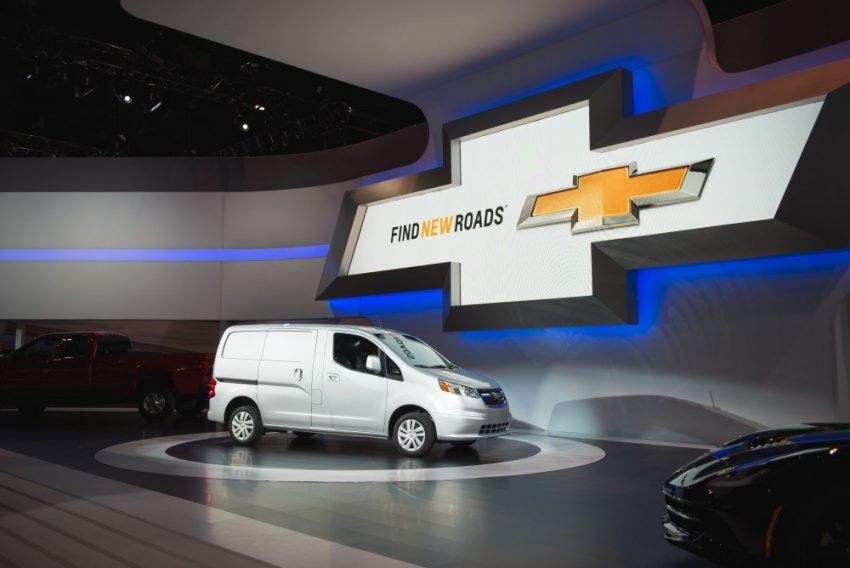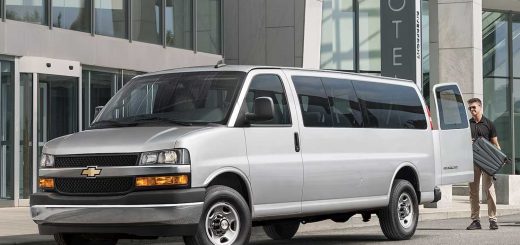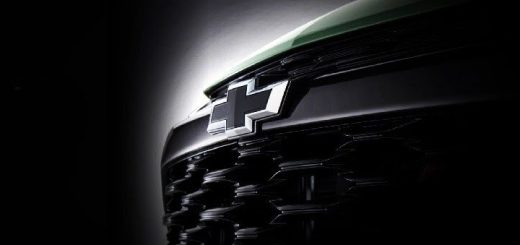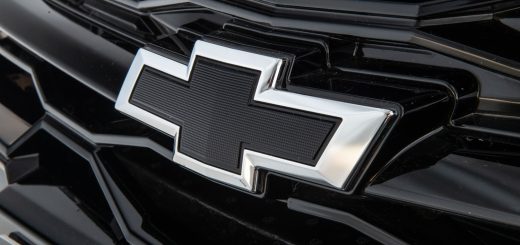The compact van segment currently has a market volume of 120,000 units in the United States and is expected to grow. So it makes sense that General Motors would want to tap into this market, and they are doing so with the 2015 Chevrolet City Express. A Chevy by name, but a Nissan by design, the City Express is different from other vehicles found at Chevrolet dealerships in that it does not feature OnStar, nor a GM engine. It’s also the only Chevrolet outside of the little Chevrolet Spark with a continuously variable transmission. And then there’s the whole Nissan thing. Why Nissan? Why not just go in-house? Or import an Opel for that matter? In short, it came down to overhead, and timeliness.
Some of you may already understand why GM didn’t simply import an Opel Combo van from Europe and went with Nissan, which sells the equivalent e-NV200 panel van here in the ‘States. For those that don’t understand, GM’s planning and program manager for light commercial vehicles Kevin Jones, tells us that it’s because the Opel Combo isn’t federalized. Therefore, preparing one for the U.S. market would take a lot longer than if they simply partnered up with a company that already has a van program fully running and builds them in North America, which is exactly what is happening. This also avoids the infamous Chicken Tax, which tariffs trucks and panel vans that are imported into the United States that aren’t built in either Canada or Mexico. Being that Nissan assembles and imports the e-NV200 from south of the border, it avoids that tax. The Chevrolet City Express will enjoy the same.
Assembling the Chevrolet City Express alongside the Nissan e-NV200 also means that fleet orders can be completed at a faster rate than, say, Ford, which assembles and imports the Transit Connect vans all the way from Turkey. Couple that with the carrying a better warranty than what Nissan is offering, and eventually selling it out of every Chevrolet dealership in the United States and Canada means that it could very well be the most convenient compact van on the market for vehicle fleet owners in need of such a vehicle. And that’s a very beneficial thing for trying to get a new product off the ground.















Comments
Thanks for the info as to the how and why of this venture. Myself, I like it’s looks better as a Chevy than a Nissan.
It does make a better Chevy.
They pretty much confirmed what we already covered here. I just wish they could say more on the one they are working on.
“because the Opel Combo isn’t federalized” and its simply a rebadged FIAT Dobló.
Where, at least in Germany, Opel sold more Combos than Fiat sold Doblós, at least of those which are registered as passenger cars. The statistic for commercial vehicles is not so detailed.
“because the Opel Combo isn’t federalized” and its simply a rebadged FIAT Dobló.
Which *IS* (being) federalized as Ram Promaster City 😉
(on sale early ’15 I believe)
GM should put their own powertrain in this van. I don’t like a CVT especially in a van.
Im glad to see Americans are starting to get real when it comes to choosing delivery vehicles…i hope the days are gone that we see a floweriest delivering their product out of a full sized American pickup . Im not big on joint ventures between auto makers ,i guess this is an example on Badge Engineering ,if it gets more of these Nissan NV200 s on the street then its a good thing….
Are 2015 Chevy City Express and Nissan nv200 body parts interchangeable?